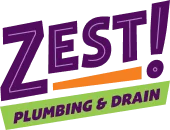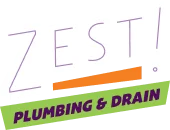Proudly Serving The Scottsdale, AZ Area
How to Filter Water?

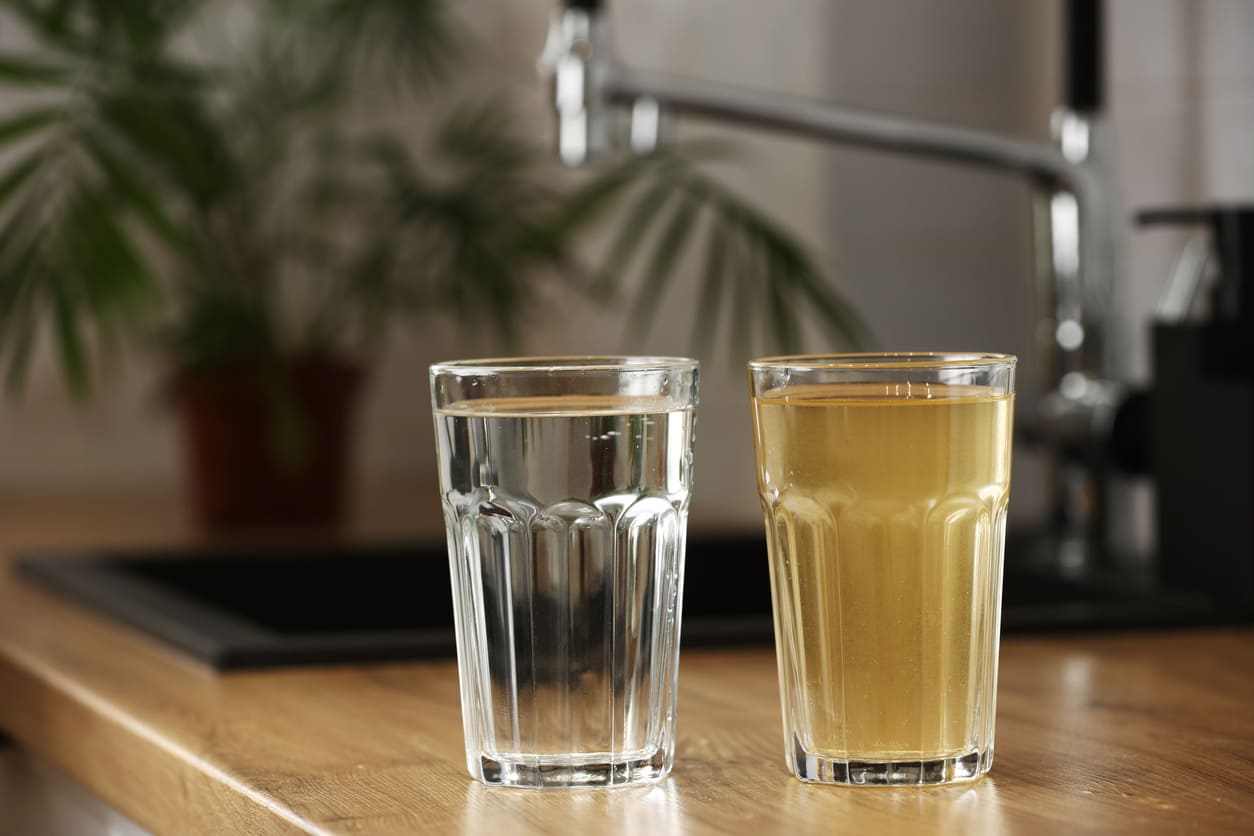
How to Filter Water?
If you’ve ever questioned what’s really flowing from your tap, you’re not alone. For many homeowners, the clarity of water isn’t enough to guarantee its quality. From lingering odors to unseen minerals and contaminants, there’s more to your water than meets the eye. Choosing to filter it isn’t just about peace of mind—it’s about protecting your health, your home, and everything in between. But with so many service options and opinions out there, where do you even start?
Why Filtering Water at Home Is More Important Than Ever
There’s a growing awareness among homeowners today: not all tap water is created equal. While water may appear clear and harmless, the truth is that it can carry a host of invisible elements that compromise both safety and quality. From environmental pollutants to outdated municipal systems, the water running through your pipes may be less pristine than you think. Take a closer look at what might be in your water, and the picture becomes even clearer. Trace amounts of chlorine, heavy metals like lead, bacteria, and sediment can all make their way into your home’s supply. These impurities don’t just affect the taste and smell of your drinking water—they can also have long-term effects on your plumbing system and your health. When you choose to filter water at home, you’re not just investing in cleaner drinking water; you’re actively protecting your family and your home’s infrastructure from unnecessary risk.
Exploring Popular Water Filtration Methods
With water quality concerns top of mind, the next step is understanding how to take control. Homeowners aren’t limited to one-size-fits-all solutions—there’s a range of filtration systems available, each with its own strengths, technologies, and ideal use cases. The key is figuring out which method best fits your water’s makeup and your household’s needs.
Activated Carbon Filters
These are among the most accessible and widely used filters on the market. They work by absorbing contaminants like chlorine, volatile organic compounds (VOCs), and even some pesticides, helping to improve both taste and odor. You’ll find them in water pitchers, faucet attachments, and under-sink systems, making them a great entry point for everyday filtration.
Reverse Osmosis Systems
For homeowners looking for more robust protection, reverse osmosis (RO) offers a powerful multistage process. Water is pushed through a semipermeable membrane, stripping away everything from fluoride and nitrates to heavy metals and bacteria. While RO units are typically installed under the sink and require more maintenance, the level of purification they deliver is hard to match.
Whole-House Filtration Systems
Unlike point-of-use filters, whole-house systems treat water at the source—before it enters your taps, showers, or appliances. These systems often use sediment filters, softeners, or media cartridges tailored to local water issues. They’re especially helpful in homes dealing with hard water, iron staining, or well water concerns.
Common Signs Your Water Needs Filtration
Sometimes the need for water filtration isn’t obvious until signs start surfacing around the home. That odd metallic taste in your drinking glass? It could be more than just a harmless quirk—it might be a red flag. Similarly, spots on clean dishes, discoloration on sinks, or a faint chlorine smell after running the tap can all point to deeper issues within your water supply. Even if your water looks clear, contaminants can still be present in amounts that impact your health and your plumbing. Beyond taste and smell, buildup around faucets and cloudy water are often signs of hard minerals and sediment that should be addressed. These impurities, often lumped together as tap water contaminants, can quietly wear down your appliances and pipes. Noticing signs like these early gives homeowners the chance to act proactively—installing a filtration system before real damage occurs. In some cases, a simple under-sink solution might be enough. In others, a more robust whole house water filter is the best path forward.
Choosing the Right Filter for Your Home
Not all water filters are created equal—and not all homes need the same kind of filtration. That’s why the smartest approach starts with understanding what your water actually contains. Before you start browsing systems, it’s worth investing in a water quality test. Whether it’s through a professional service or a reliable DIY kit, this first step helps uncover whether you’re dealing with hard minerals, bacteria, sediment, or chemical contaminants. Once you have a clearer picture, it becomes easier to weigh your options. Some systems may require minimal maintenance but only target a narrow range of impurities. Others, like multi-stage RO units or whole-home filters, offer broader coverage but come with more upkeep and higher upfront costs. If you’re unsure which direction to go, a licensed plumbing expert can guide you through the selection process—making sure the system you choose aligns with your home’s setup, your family’s needs, and your long-term maintenance comfort.
System Compatibility with Your Plumbing
When selecting a filtration system, it’s important to consider how it will work with your existing plumbing setup. Not every home has the space, pipe size, or pressure levels that certain filters require. A whole-home system might seem ideal, but if your current plumbing can’t support it without upgrades, installation could become more complicated than expected. That’s why it’s smart to have a licensed professional assess your layout before committing to a new system. A plumbing inspection can uncover hidden limitations or reveal opportunities to streamline your water flow and improve long-term performance. Sometimes a minor adjustment—like upgrading your water line services—can make all the difference in the efficiency and lifespan of your new filtration setup. The goal is to ensure that your water system and filter aren’t just compatible but optimized for how you live.
Lifestyle Factors to Consider
Beyond your water source and plumbing setup, your lifestyle plays a major role in choosing the right filter. Large families may require higher flow rates or larger capacity systems, while individuals or couples might benefit from smaller, low-maintenance options. If your household includes children or anyone with sensitivities to chemicals or minerals, more thorough filtration may be worth the investment. Even cooking habits can influence your decision—if you’re regularly boiling water, washing produce, or making baby formula, cleaner water at the tap becomes a daily essential. These personal needs are easy to overlook, but they matter. A trusted plumber can help you balance these preferences with cost, maintenance, and installation requirements—ultimately guiding you to a filter that supports your everyday life without compromise.
Water Filtration and Appliance Efficiency
Filtered water doesn’t just benefit your body—it benefits your home’s systems, too. Sediment, scale, and harsh minerals may seem harmless in small amounts, but over time, they build up and reduce the efficiency of your appliances. Dishwashers, water heaters, washing machines, and even coffee makers can all suffer from mineral deposits left behind by untreated water. That buildup makes these machines work harder, which increases energy costs and shortens the lifespan of your investments. Installing a proper water filtration system helps prevent these issues by reducing or removing the elements that cause scale and sediment accumulation. Cleaner water means fewer clogs in your fixtures and better long-term performance from your plumbing and appliances. It’s not just about taste or safety—it’s about protection. For homeowners concerned about keeping their entire system running smoothly, regular plumbing inspections and thoughtful upgrades—like new fixture installations—can work hand-in-hand with water filtration to maintain overall home efficiency.
Wrap-Up: The Right Water Filter Starts with the Right Information
Understanding how to filter water at home doesn’t have to be overwhelming—it simply starts with the right questions. What’s in your water? What matters most to you: taste, safety, or system-wide protection? Whether you’re looking for a small daily upgrade or a long-term plumbing solution, there’s a system that aligns with your goals. From removing contaminants to improving water pressure and reducing appliance wear, the benefits of filtration extend far beyond the glass in your hand. And remember, you don’t have to navigate it alone. Choosing and installing the right system is easier with guidance from professionals who understand how water flows through your entire home. If you’re considering a new filtration setup, contact Zest Plumbing & Drain for expert advice and dependable water line services to ensure your system is as clean, efficient, and long-lasting as the water you want to enjoy.
Recent News
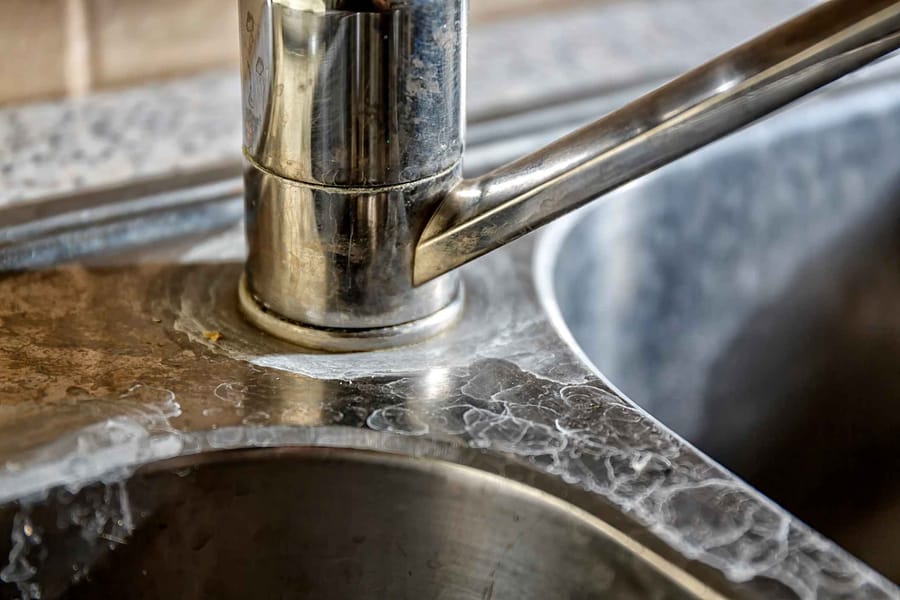
How Arizona’s Hard Water Damages Your Plumbing Over Time
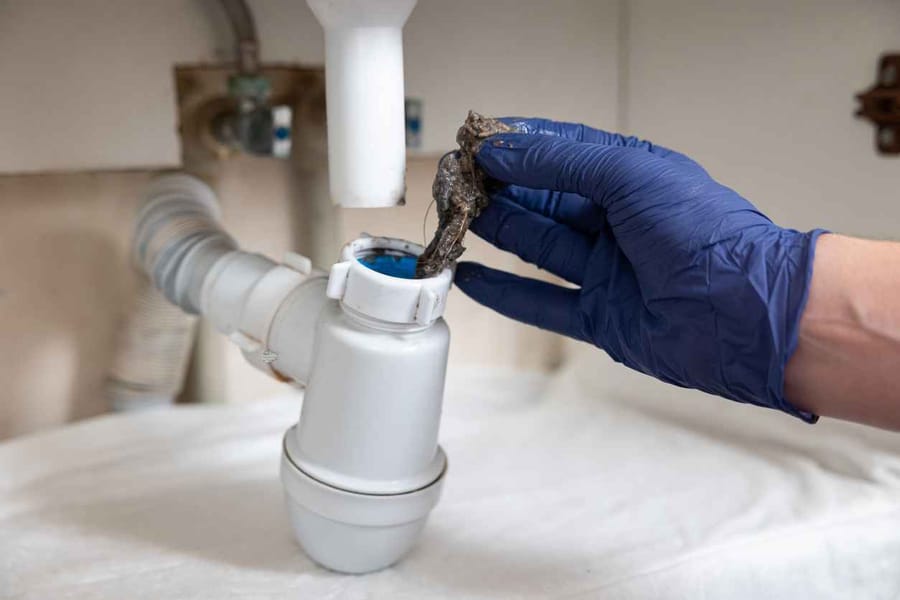
Top 5 Signs You Need a Drain Cleaning in Arizona (Before It Becomes an Emergency)
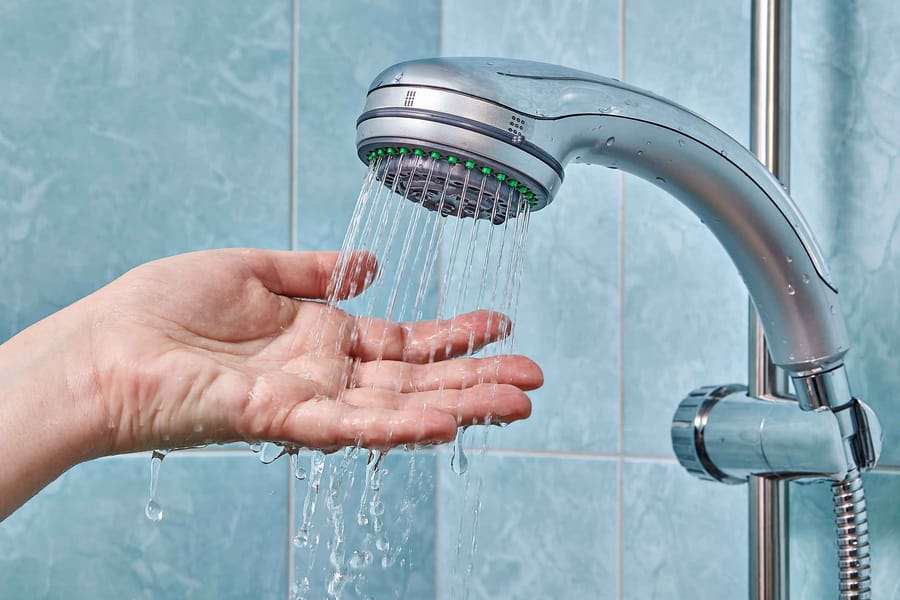
Why Your Shower Takes Forever to Get Hot and How to Fix It
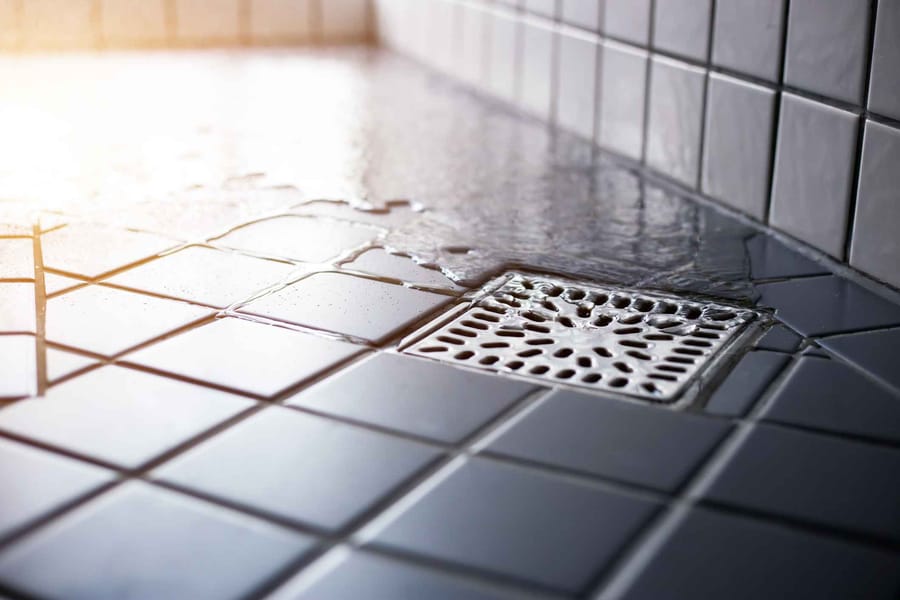
The Bathroom Drain Inspection Blueprint: What Every Homeowner Needs to Know
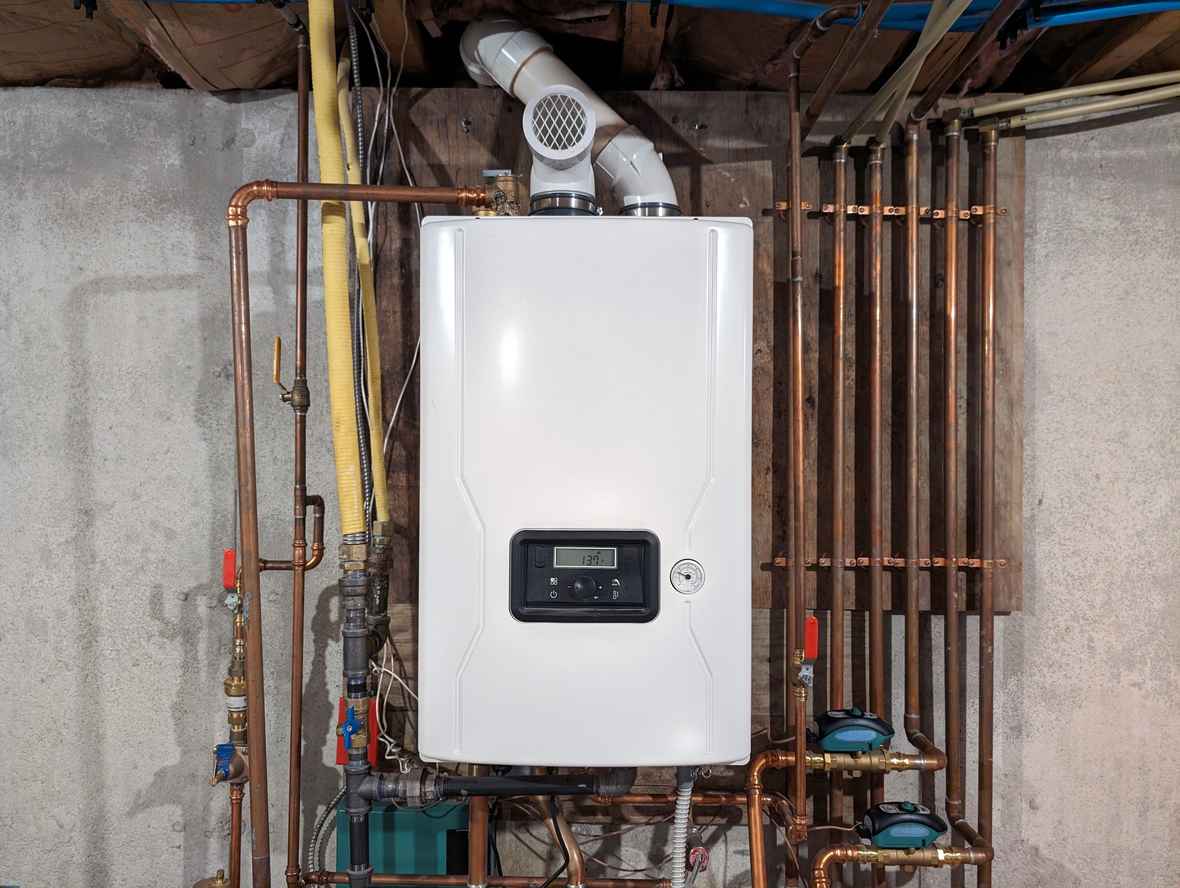
Choosing the Right Water Heater: Tankless vs. Storage for Your Scottsdale Home
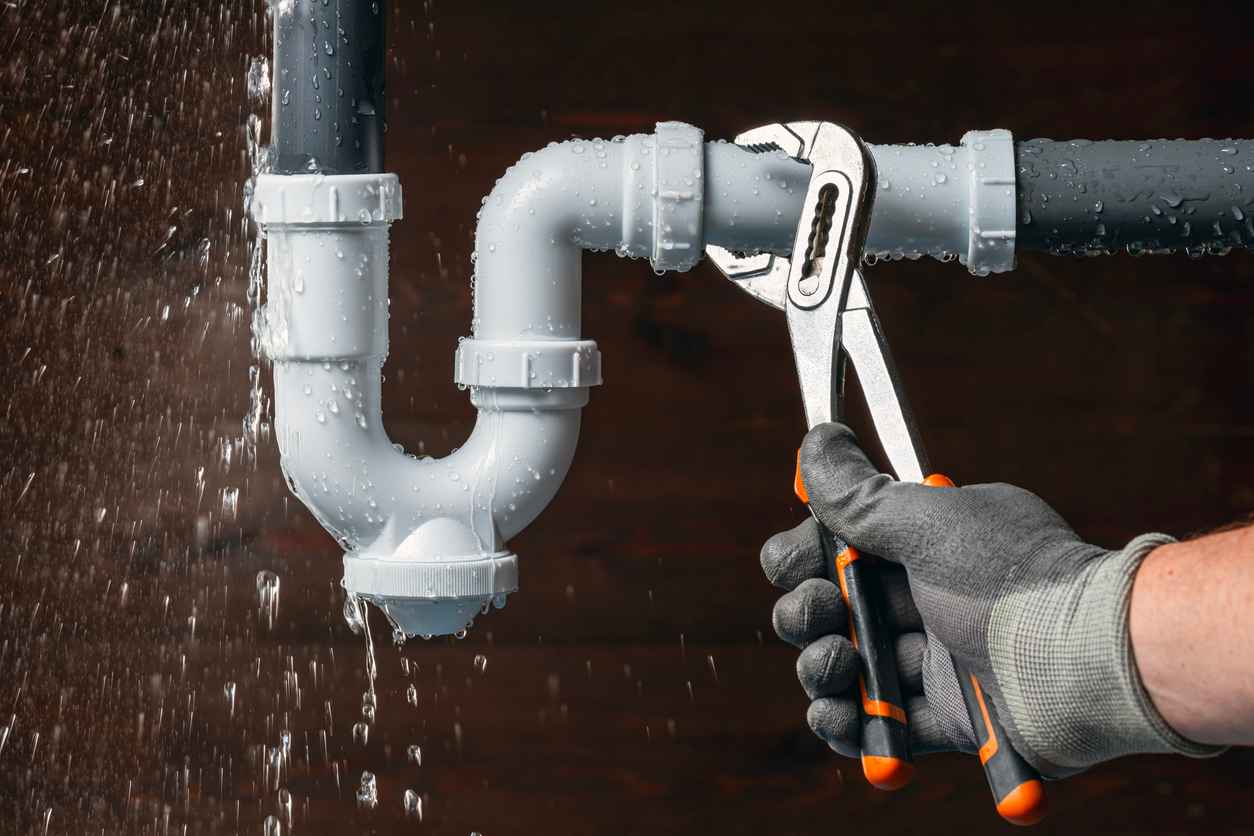
Seasonal Plumbing Maintenance Schedule for the Arizona Climate
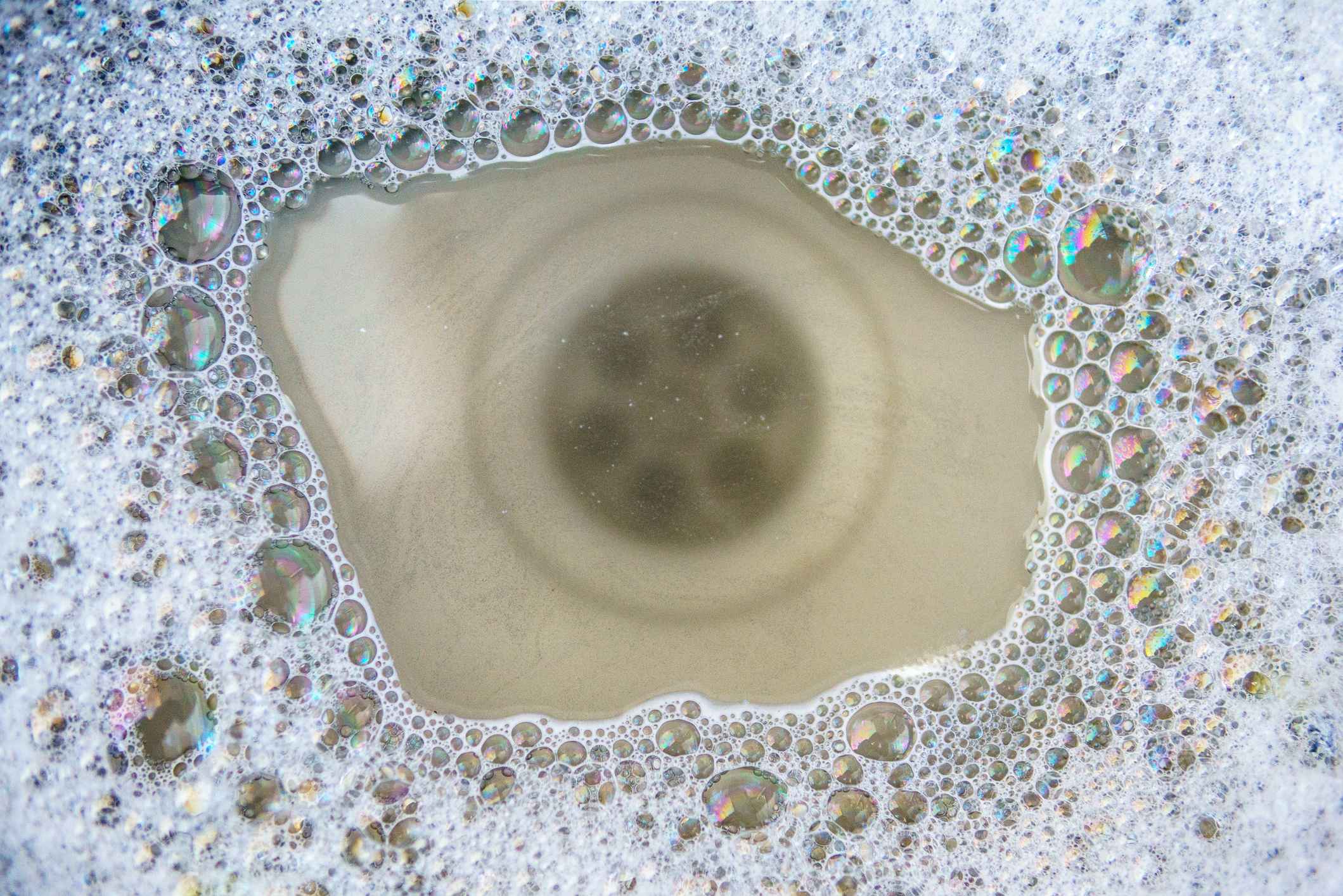
Signs of a Clogged Drain
Get in Touch
